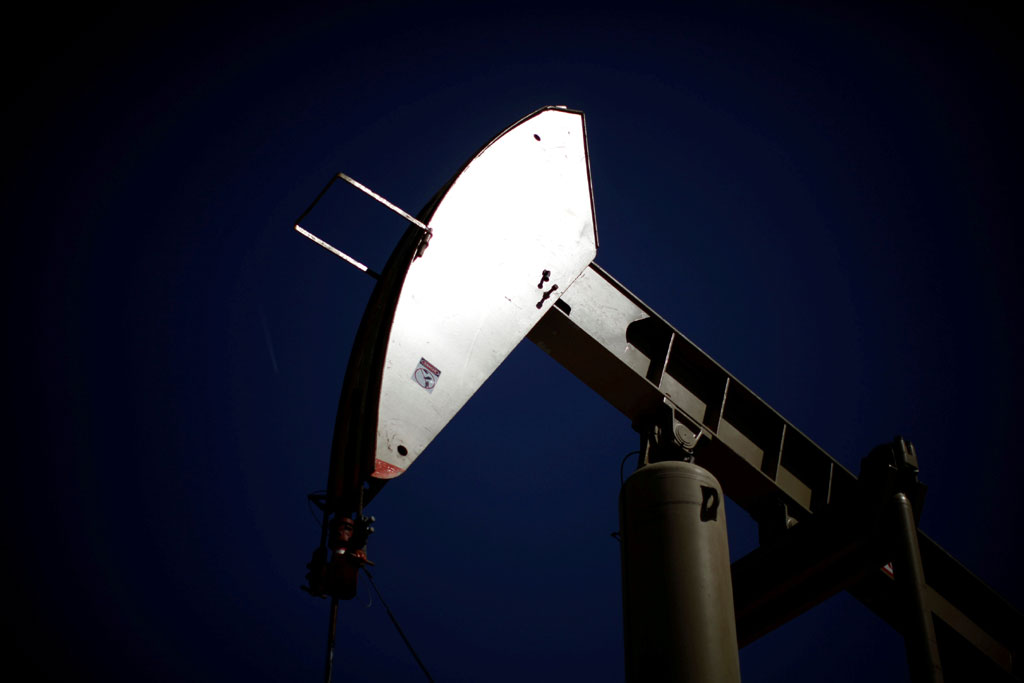Brent hits new four-year high on Iran supply worries

NEW YORK: Brent crude rose nearly 2 percent after hitting a four-year high on Wednesday as the market focused on upcoming U.S. sanctions on Iran while shrugging off the year's largest weekly build in U.S. crude stockpiles and reports of higher Saudi Arabian and Russian production.
"Nothing matters between here and Nov. 4," said Bob Yawger, director of futures at Mizuho in New York, referring to the date when U.S. sanctions take full effect. "You just had the biggest build this year, and the market rallied right through it."
U.S. crude inventories jumped 8 million barrels last week, quadruple analysts' expectations and the biggest build since March 2017, the Energy Information Administration said.
Brent crude rose $1.49, or 1.8 percent, to settle at $86.29 a barrel, after hitting $86.74, its highest since Oct. 30, 2014. U.S. crude settled $1.18, or 1.6 percent, higher at $76.41 a barrel, after touching a session high of $76.90.
Both benchmarks dipped briefly after the U.S. government released inventory figures, then resumed their climb.
"The speculative community took an opportunity to buy on the dip," Yawger said.
Earlier in the session, crude had been pushed lower as Saudi Energy Minister Khalid al-Falih said the kingdom had raised output to 10.7 million barrels per day in October and would pump more in November. The record high for Saudi output is 10.72 million bpd in November 2016.
Russia and Saudi Arabia struck a private deal in September to raise oil output to cool rising prices and informed the United States before a meeting in Algiers with other producers, four sources familiar with the plan told Reuters.
Iran, however, accused Saudi Arabia and Russia of breaking OPEC's agreement on output cuts by producing more crude, adding that the two countries would not be able to produce enough oil to make up for a reduction in Iranian exports.
The Organization of the Petroleum Exporting Countries and its allies have been limiting supply since 2017 to get rid of a glut. They partially relaxed the cut in June, under pressure from U.S. President Donald Trump to cool prices.
One analyst said the Saudi plan to pump more would not change much.
"Saudi is still very timid, the market wants to see something more proactive," said Petromatrix analyst Olivier Jakob. "That's why the market is not reacting very much to the different headlines."



























Comments
Comments are closed.